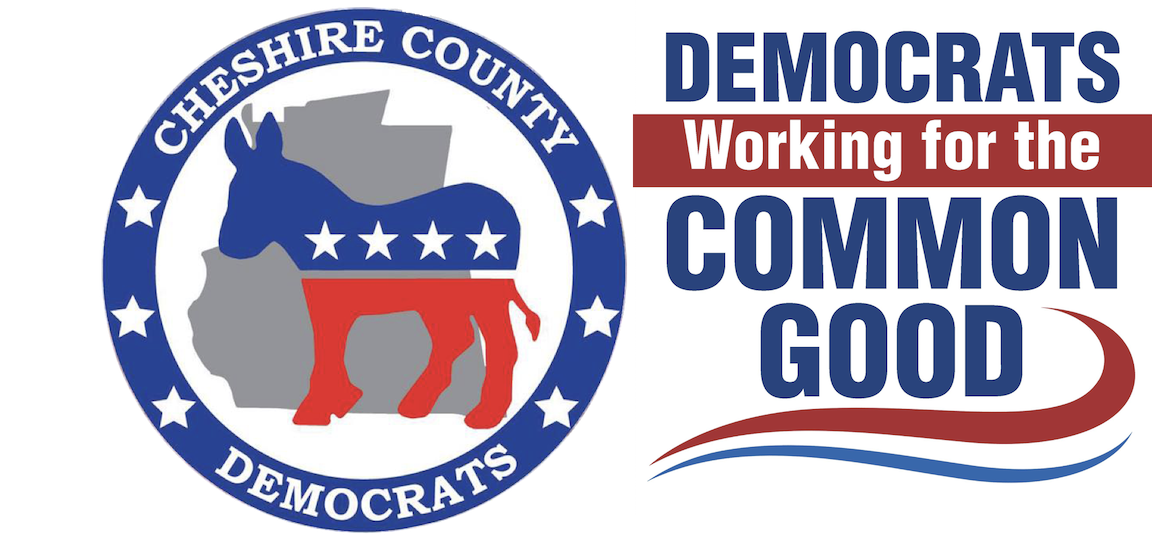Five Facts About the Republican Tax Plan
By Daniel Weeks
December 11, 2017
It has been said that budgets are moral documents, an expression of who we are and what we believe. When I build budgets for my home or business, I am doing more than math. I am making decisions that affect the well being of people I know, the environment around me, and people and places far beyond my own horizon.
How much do I think the lady who cares for our children three days a week deserves to be paid? Will I ensure she has the means to provide for her own son as I provide for mine? How about the farmers and animals who give us our milk and cheese, eggs and meat, fruit and vegetables? Will my budget leave room for them to live in humane conditions, free from toxic chemicals? What about my fellow employees and the countless people and products in our business supply chain? Will we trade a few points of profit margin to help protect the planet and ensure a living wage for all?
In the coming days, Congress is poised to pass a sweeping overhaul of the nation’s tax code that will form the basis of American budgets for years to come. Some of the goals the Republicans have put forward are commendable, such as a simplification of the form on which we file our taxes. But the overall effect of the $1.5 trillion tax plan is devastating when it comes to core American morals like fairness, opportunity and responsibility.
At a time when straightforward facts are often in short supply, I would like to present five simple facts about the Republican Tax Cuts and Jobs Act, taken directly from the bills that passed the U.S. House and Senate and nonpartisan analyses by the Congressional Budget Office and other respected sources.
1. Child poverty: Although research clearly shows that early childhood development is crucial for ending inter-generational poverty, the Senate and House tax plans provide negligible support for the 15 million children (21 percent) and their families currently living in poverty over the next 10 years, and raises their taxes in 2027. The Senate bill goes even further by ensuring that only the top 20 percent of American families would see any tax reductions in 2027, according to the Tax Policy Center.
2. Income inequality: Although disparities in income and wealth have grown substantially over the past 50 years, such that the three richest individuals now hold more wealth than the bottom 50 percent of Americans combined, according to Forbes Magazine, the House tax plan would eliminate the estate tax on the very rich. Only 5,500 American families (0.2 percent) with assets over $11 million per couple pay any estate tax at all in a given year, and this proposal would grant them another $269 billion in tax transfers over the next 10 years, according to the Congressional Budget Office. Here in New Hampshire, poor and middle-class people in the bottom 60 percent would get almost no tax benefit over the next 10 years and pay more taxes in 2027 while the top 1 percent of Granite Staters would enjoy an average tax cut of $8,310, according to the Institute on Taxation and Economic Policy.
3. Health insurance: After repeated attempts to roll back the Affordable Care Act were blocked by members of their own party, Republican leaders have inserted a provision in the tax plan to end a central pillar of the ACA: individual mandates. The result, according to the Congressional Budget Office, would be the loss of health insurance for 13 million lower-income Americans and some 25,000 more premature deaths a year, according to analysis by the New England Journal of Medicine.
4. Education and Climate: The president’s inter-agency assault on climate science extends to higher education in the Republican tax plan, which cuts nearly $50 billion on education tax breaks for students over the next 10 years. For example, Time Magazinereports that 12.4 million young people with billions in student debt would no longer be able to claim the student loan interest deduction under the House bill, and graduate students would pay billions more when “income” they never receive (in the form of tuition waivers) now becomes taxed. Likewise, the plan would provide added tax incentives for fossil fuels while slashing the production tax credit for wind, ending tax incentives for electric cars, and threatening private-sector financing for a whopping 39 gigawatts of solar now in development, according to the New York Times.
5. Finally, in spite of Republican promises of fiscal responsibility and accelerated economic growth, the $1.5 trillion tax cut imposes a staggering cost on future generations. According to the congressional Joint Committee on Taxation, the plan would have a negligible effect on long-term economic growth and add at least $1 trillion to the national debt – a massive transfer from poor to rich, from people to corporations, from future generations to the present.
That is not a reflection of any American morals I know.
Dan Weeks is author of Democracy in Poverty: A View From Below. He works in renewable energy and lives in Nashua with his wife and kids.
—


